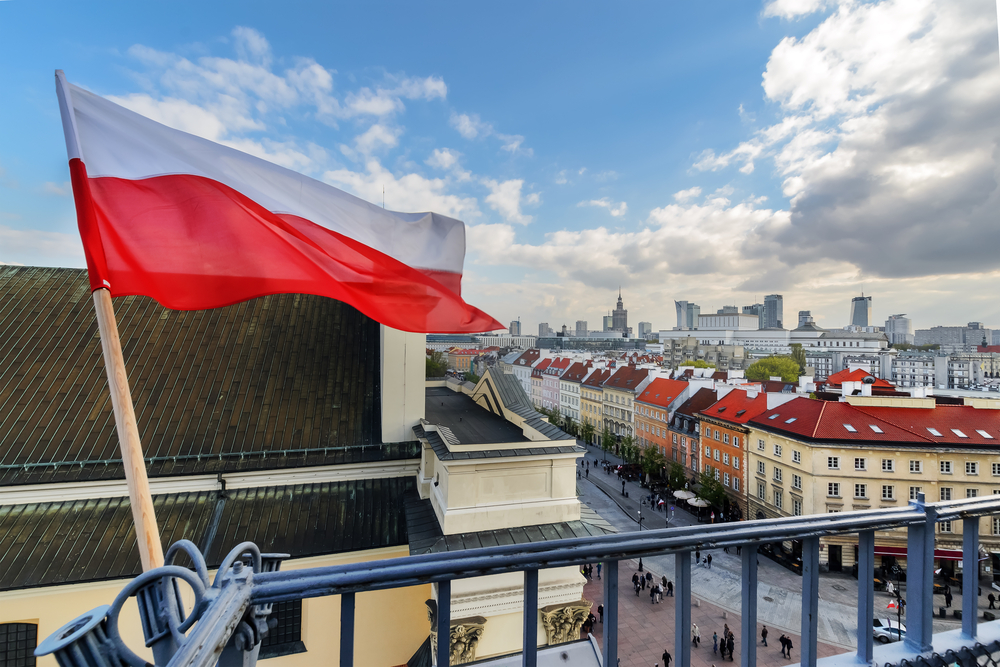Currently, corporate groups in Poland can only jointly account for Corporate Income Tax. They do not have a common VAT settlement, which is a European standard – the so-called “VAT groups”. This gap makes Poland a less competitive destination for investments than other EU countries. To make the country more competitive, Poland in introducing the VAT groups.
The introduction of VAT groups was at first foreseen for July 2022 but was delayed to January 2023.
A VAT group is in essence a juridical fiction for VAT purposes, in which the economic element is prevailing rather than the legal form. The eligible entities of a VAT group remain legally separate but are treated as a single taxable person for VAT purposes.
It should be noted that a VAT group can be set up by entities that are both organizationally and economically connected. In order to create a VAT group, a written agreement must be concluded lasting for at least three fiscal years.
The creation of a VAT group presents many benefits. Firstly, this structure helps to cut down on documentation and simplify VAT settlement. The main prerequisite of the VAT group is the report of a single collective JPK file, instead of separate VAT reports sent by single affiliated companies and the absence of invoices between entities within the VAT group. In addition, business transactions between the members of the group will not be subject to VAT. This will result in considerable cost savings and improved financial liquidity.
The scheme, on the other hand, could also entail risks for the members of the VAT group. Most importantly, the members of the group will be jointly and severally liable for the obligations of all its members. The VAT group will be required to calculate the VAT quota during the lifetime of the group. The proportion should be based on the share of taxed and untaxed business of each of the entities included in the group separately.
The technical regulations that will apply to Polish VAT groups are as follows:
- Establishments and branches may be part of a Polish VAT group.
- VAT grouping is voluntary in Poland. Businesses can request a VAT group when they fulfil the requirements, or they can choose to continue as separate entities for VAT purposes.
- After the application is validated, a group VAT number is assigned to the group.
- Intra-group transactions are excluded for VAT purposes. However, they must keep a record of these transfers.
- Each group member is jointly and severally liable for the VAT obligations and fines of the entire group.
- Members of a VAT group submit a single consolidated VAT return. Separate VAT returns cannot be filed for each entity.
- The shortest period for a VAT group is three years.
At European level exists The EU VAT Committee, which is an advisory board established to foster the uniform application of the main VAT Directive.
Nearly unanimously, the Committee considers VAT groups should merely be ‘local establishments’ and not embrace the entire legal entity of a VAT group member. Under the guideline, by joining a VAT group, a headquarters or branch becomes part of a new legal entity for VAT purposes (the VAT group), independently of the legal entity to which it belongs. Therefore, cross-border transfers between a head office and a subsidiary of the same legal entity in the EU will be within the scope of VAT if one or both head offices or subsidiaries are part of a VAT group. This is the case whether the goods or services are delivered from a third country to a Member State or vice versa, or whether they are supplied across two Member States.

